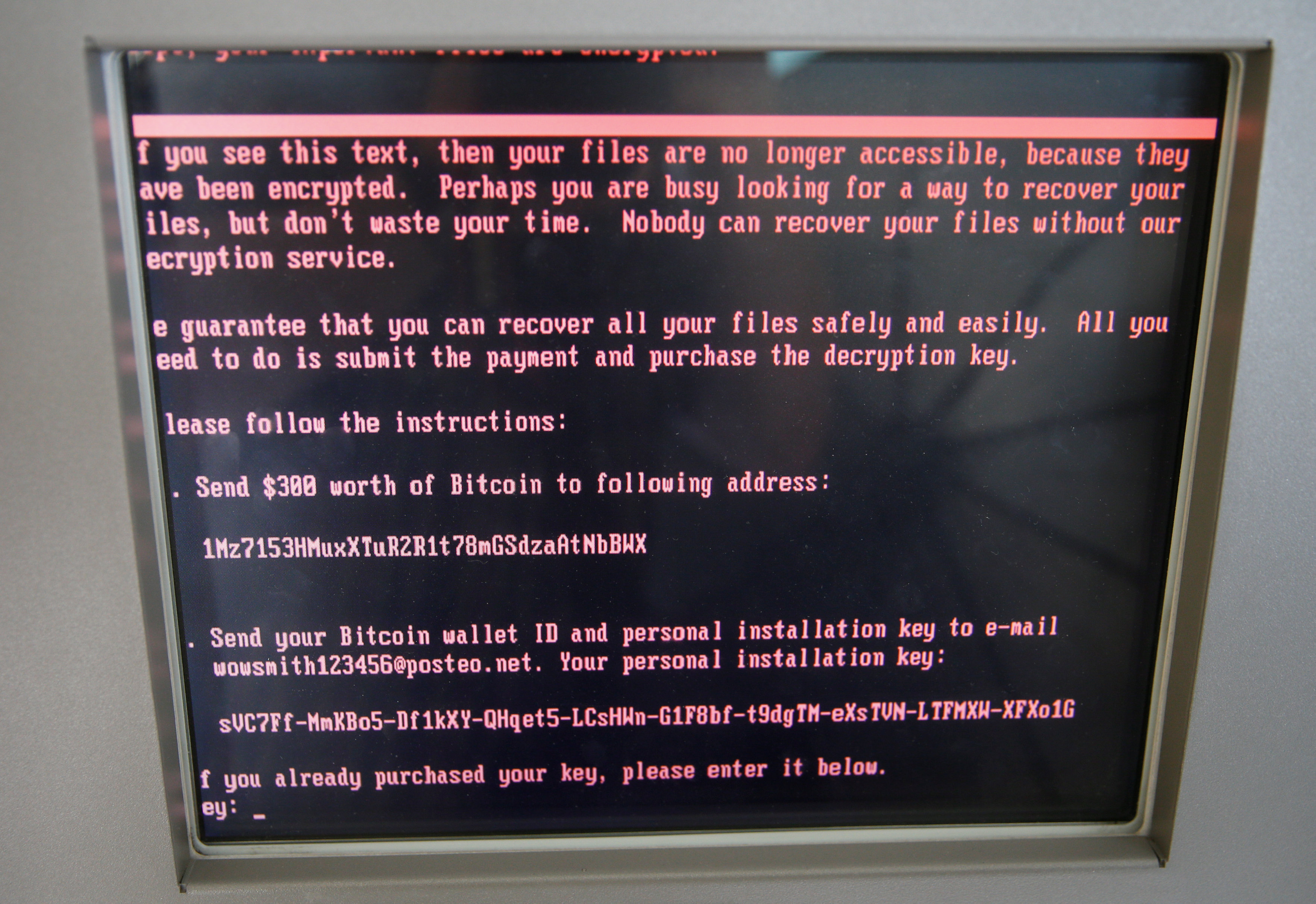
By Devika Krishna Kumar and Laila Kearney
NEW YORK (Reuters) – U.S. gasoline prices at the pump jumped 6 cents in the latest week and could soon be headed for the highest level since 2014 due to the supply disruption caused by a cyber attack on the country’s biggest fuel pipeline system.
The ransomware attack forced Colonial Pipeline to shut down its entire system on Friday. Some smaller lines were restarted Sunday. Colonial on Monday said it expects to “substantially” restore operational service by the end of the week.
The network ships more than 2.5 million barrels per day (bpd) of gasoline, diesel and jet fuel from the Gulf Coast to populous southeast and northeast states.
Gas prices have risen 6 cents per gallon on the week, said the American Automobile Association. The average price stood at $2.967 for regular unleaded gasoline compared with $2.904 a week earlier, the AAA said.
If the trend continues, an increase of 3 more cents would make the national average the most expensive since November 2014.
The southeastern United States will be the first to see price rises at the pumps due to the supply disruption caused by the shutdown of the country’s top fuel pipeline network – and demand has already picked up as drivers fill their tanks, industry experts said.
Areas including Mississippi, Tennessee and the east coast from Georgia into Delaware are most likely to experience limited fuel availability and price increases, as early as this week, said Jeanette McGee, AAA spokesperson, adding that those states may see prices increase three to seven cents this week.
“The shorter the pipeline shutdown, the better news for motorists.”
Parts of Florida, Georgia, Alabama, South Carolina, North Carolina, and Tennessee rely on the line for their fuel supplies and some of them suffered acute localized shortages and spikes in prices at the pump during previous shutdowns. Airlines in the region would also be vulnerable to a prolonged outage, said Tom Kloza, founder of the Oil Price Information Service.
U.S. gasoline demand is picking as more people are vaccinated against COVID-19 and begin to travel more. The peak demand summer driving season begins at the end of May.
Experts also urged drivers to avoid panic buying.
“Motorists are well advised not to strain the system by filling up or beating price adjustments- for they may make the problem much more severe if they do strain the system,” said Patrick DeHaan, head of petroleum analysis at fuel tracking firm GasBuddy.
(Reporting by Devika Krishna Kumar and Laila Kearney in New York; Editing by David Gregorio)












